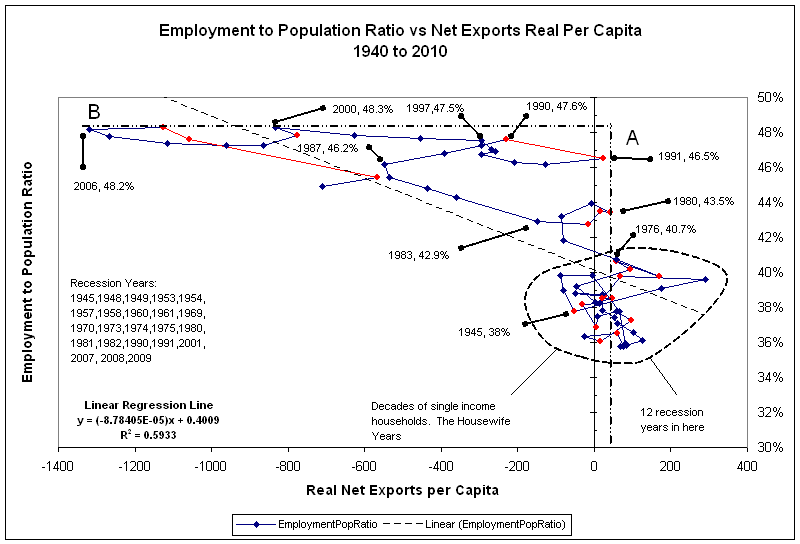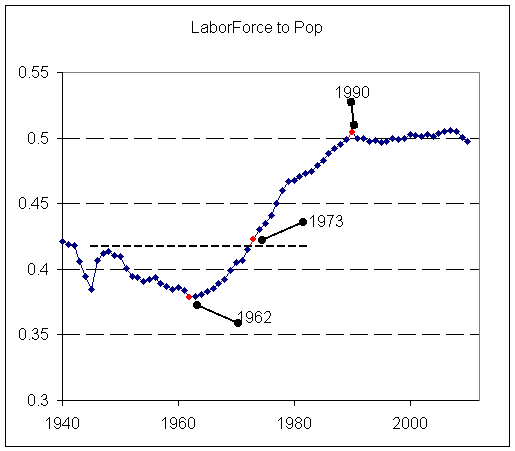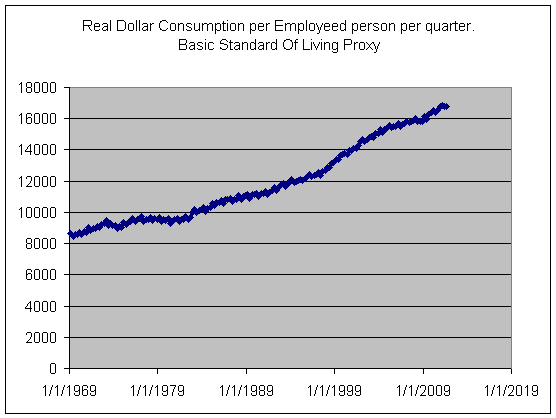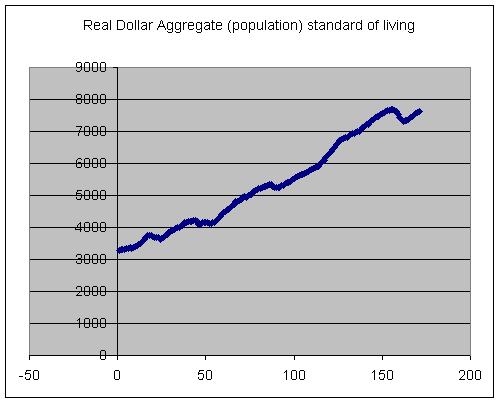- Thread starter
- #121
[GDP/(trade deficit)] & [cause/effect]
ItFitzMe, the higher GDPs per capita indicate a more robust economy. USAs domestic markets sales volumes are positively related to our GDP.
The sales volumes of both domestic and imported products rise or decrease in general unison.
We sell both more domestic and imported products when our economys doing well;
We sell both less domestic and imported products when our economys doing poorly.
GDP affects the trade deficit; its not the other way around.
Why are you looking at their relationship?
Respectfully, Supposn
Your statement, the thread topic is that "Trade deficits are always detrimental to the nation's GDP." That is a cause and effect relations statement where the cause, a trade deficit, causes a detrimental effect to the nation's GDP. The effect of a change in GDP is caused by the trade deficit. That's how I am reading the statement.
The best I can take the word "detrimental" is to mean "decreases", after all, no one considers an increase in GDP as being detrimental.
The comments regarding M decreasing GDP, which was questioned in terms of validity, appeared consistent with this interpretation.
How else did you mean it?
ItFitzMe, a trade deficit is Always detrimental to the GDP (more than otherwise); but at any given moment, global trade is unlikely to be THE major factor affecting GDP.
I never wrote or inferred that the GDP only moves in tandem with the balance of trade. Due to the balance of trade, GDP will be greater or less than otherwise.
From the consideration and concern my doctor gives to my blood pressure, I would suppose that its an important indicator of my state of health. But I also suppose at any moment other of my organs may have equal or greater affect upon my health.
Respectfully, Supposn





 "to make it consistent with individual preferences".
"to make it consistent with individual preferences". 